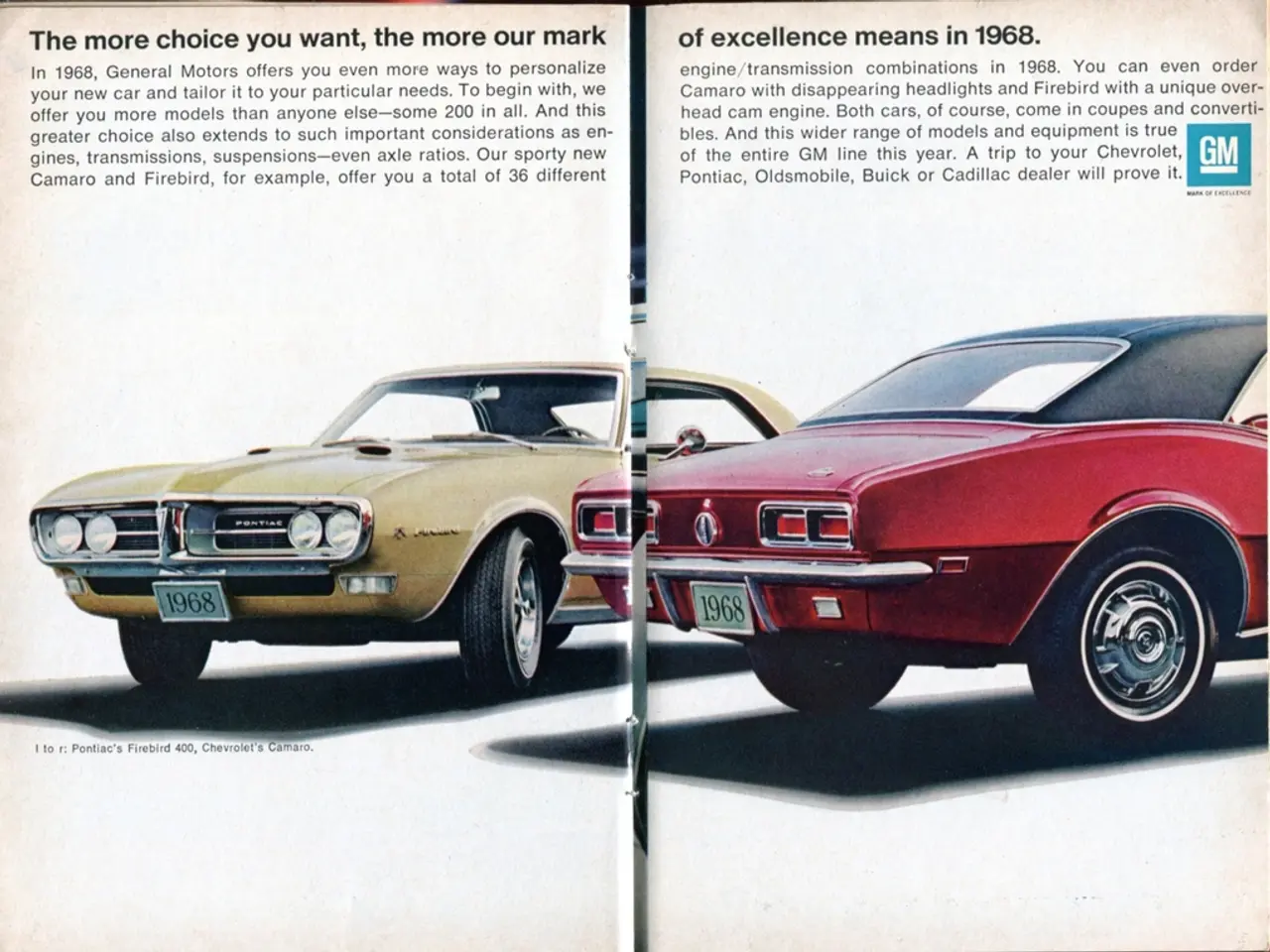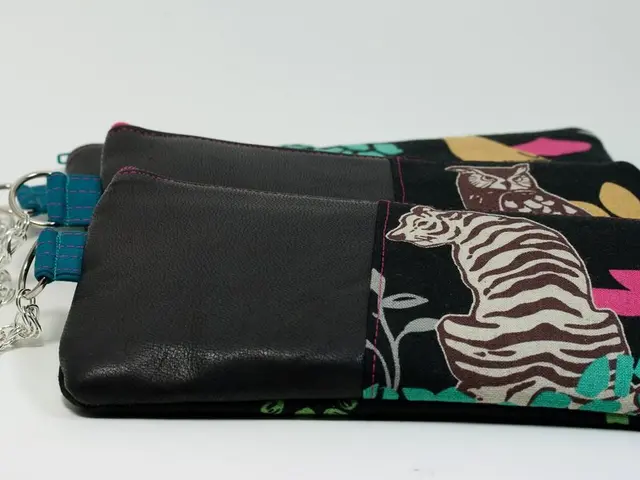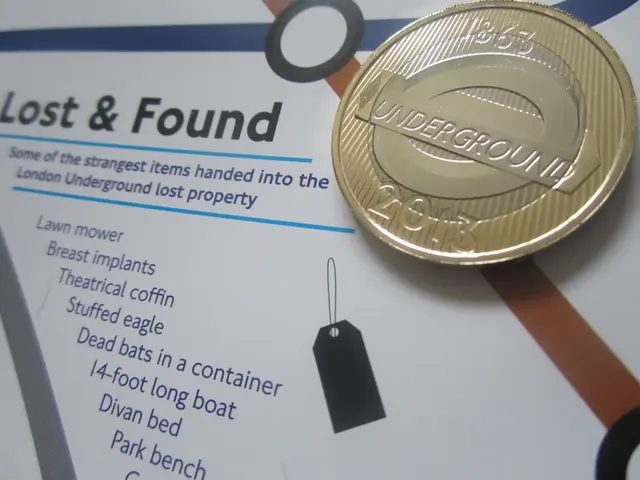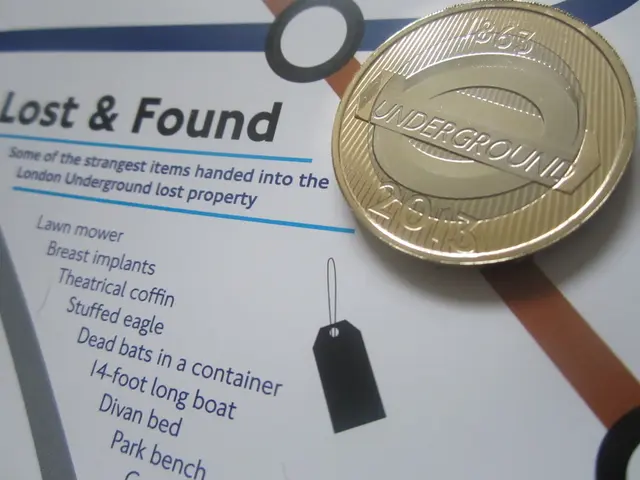Unraveling Auto Loans: A Layman's Introduction
Car financing is a crucial aspect of purchasing a vehicle, whether new or used. Here's a breakdown of what car financing entails, the available options, and tips for securing the best deal:
Car financing essentially involves borrowing money to purchase a vehicle, and then repaying it in monthly installments over a specified period. This option is beneficial for those who can't afford the upfront costs of buying a car. Lenders can be banks, credit unions, or even dealerships themselves.
Types of Car Financing Options:
- Dealer Financing: This is often the most convenient option since it allows you to secure a loan directly through the car dealership. Dealerships have relationships with multiple lenders, which can streamline the process and provide competitive rates. However, beware of promotional offers, as they often come with specific requirements and shorter loan terms.
- Bank or Credit Union Loans: These institutions offer auto loans with fixed or variable interest rates and flexible terms. Credit unions, for instance, often provide lower interest rates compared to traditional banks because they are member-owned and non-profit organizations.
- Lease Financing: Leasing a car offers an alternative to purchasing a vehicle, allowing you to drive a new vehicle for a set period while making monthly lease payments. At the end of the lease term, you can either return the car, buy it at a predetermined price, or lease a new one.
- Personal Loans: Some buyers opt for using a personal loan to finance their car purchase. These loans can be obtained from banks, credit unions, or online lenders and can be used for various purposes, including buying a car.
- Hire Purchase Agreements: This type of financing involves making an initial deposit followed by fixed monthly payments over a set period. You don't own the car until the final payment is made.
- Balloon Payments: This option involves making lower monthly payments for the majority of the loan term, with a large lump-sum payment due at the end. This can make the car more affordable initially, but you'll need careful financial planning to cover the final balloon payment.
Determining Your Budget:
Determining your budget is essential to choosing a car that fits your financial situation. Start by assessing your financial situation, considering your income, expenses, existing debts, and savings. Next, calculate the total cost of ownership, including monthly loan payments, insurance, fuel costs, maintenance, registration, and taxes. Remember to set a reasonable down payment and choose a loan term that suits your financial capabilities and minimizes interest.
Understanding Interest Rates and Loan Terms:
Interest rates and loan terms significantly impact the total cost of your car loan and monthly payments. Factors affecting interest rates include credit score, loan term, market conditions, and type of loan. The Annual Percentage Rate (APR) provides a more comprehensive view of the loan's total cost. To get the best interest rates and loan terms, improve your credit score, shop around, negotiate, consider a co-signer, and make a larger down payment.
Applying for Car Financing:
Prepare your documents, determine your budget, get pre-approved (if possible), shop for your car, and apply for the loan once you've chosen a vehicle. Ensure you review the loan agreement, signing it only when you're satisfied with the terms.
Tips for Getting the Best Financing Deal:
- Improve your credit score.
- Shop around for the best rates.
- Get pre-approved before visiting dealerships.
- Negotiate the price of the car.
- Consider the loan term thoughtfully.
- Make a larger down payment.
- Read the fine print.
- Take advantage of promotions and incentives.
- Consider refinancing in the future.
- Avoid unnecessary add-ons.
By following these guidelines, first-time buyers can navigate the car financing process confidently and secure favorable deals. Happy car shopping!
- When purchasing a vehicle, banks, credit unions, and even dealerships themselves can provide car financing, allowing individuals who can't afford the upfront costs to borrow money for the vehicle and repay it in monthly installments.
- In addition to dealer financing, banks or credit union loans offer fixed or variable interest rates and flexible terms, while personal loans can be used specifically for car purchases and can be obtained from various lenders.
- Lease financing is another option that allows individuals to drive a new vehicle for a set period while making monthly lease payments, and at the end of the lease term, they can choose to return the car, buy it, or lease a new one.








